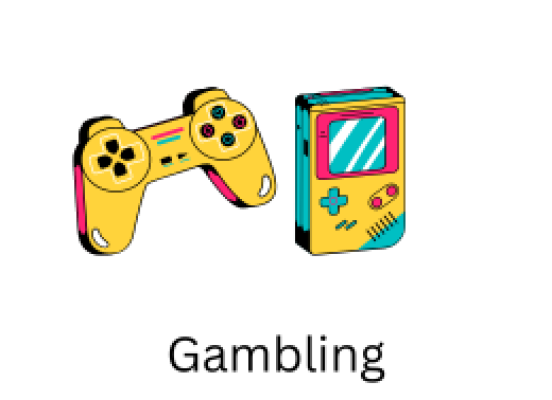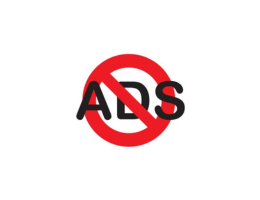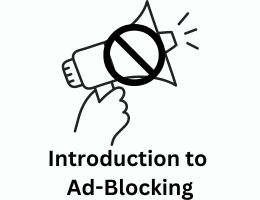
Gambling: Block ads related to online casinos, betting, and gambling websites
- By admin --
- Tuesday, 25 Jul, 2023
Introduction
In today's digital age, online advertising has become ubiquitous, following us as we browse the internet. While advertisements can be useful in many ways, some individuals prefer to block specific types of ads to maintain a comfortable and enjoyable online experience. One such category of ads that many people wish to block is gambling-related content. This article will delve into the reasons for ad-blocking in the gambling niche, the impact of gambling ads on individuals and society, and various methods to effectively block such ads to create a safer online environment.
Understanding the Concerns
The prevalence of online casinos, betting platforms, and gambling websites has grown exponentially, resulting in a surge of gambling-related ads. For some individuals, these ads can be triggering, leading to adverse effects on their mental and financial well-being. The allure of quick riches can be enticing, particularly for vulnerable individuals or those with gambling addictions. Blocking these ads can protect such individuals from temptation and reduce the potential for harm.
Impact on Society
The proliferation of gambling ads has not only affected individuals but also society as a whole. Excessive exposure to gambling ads can contribute to normalizing gambling behavior, especially among young audiences. It can also lead to the belief that gambling is a risk-free way to make money, disregarding the odds stacked against players. By blocking these ads, we can help in combating the normalization of gambling and protect future generations from being enticed into addictive behaviors.
Methods of Ad-Blocking
Various methods and tools are available for blocking gambling-related ads, and individuals can choose the one that best suits their needs and preferences. Some common approaches include:
-
Ad-blocker browser extensions: Utilize ad-blocking extensions available for popular web browsers, such as Chrome, Firefox, and Safari. These extensions can effectively block gambling ads and other unwanted content.
-
Custom DNS settings: Modify your DNS settings to use ad-blocking DNS servers that filter out gambling ads before they reach your device.
-
Parental control software: If you are concerned about protecting younger users from exposure to gambling ads, consider using parental control software that includes ad-blocking features.
-
Virtual Private Network (VPN): Some VPN services offer ad-blocking features, which can be useful in preventing gambling ads from reaching your device.
-
Native device settings: Some smartphones and tablets come with built-in ad-blocking features that can be customized to block gambling ads.
-
Hosts file modification: For advanced users, manually modifying the hosts file on your device can block access to specific gambling-related domains.
Balancing Ethical Considerations
While ad-blocking can be a powerful tool to protect against intrusive or harmful content, it's essential to strike a balance. Websites and content creators rely on advertising revenue to sustain their platforms and create valuable content. Users should consider allowing non-intrusive ads or supporting sites they trust to ensure the continued availability of free and reliable information.
Conclusion
Blocking gambling-related ads can contribute to a safer online environment and protect individuals from the potential harm associated with excessive exposure to gambling content. By using appropriate ad-blocking tools and approaches, users can tailor their online experience to align with their preferences and values. Striking a balance between ad-blocking and supporting content creators is crucial to maintain a healthy internet ecosystem. Ultimately, making informed decisions about ad-blocking empowers individuals to shape their digital world responsibly and ethically.





